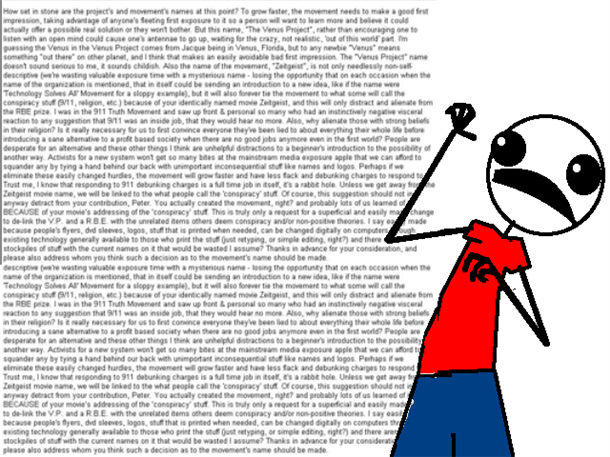- Aug 4, 2009
- 281,382
- 142,557
- 2,615
Somehow or another, the OP has learned that it is acceptable to whine about something he doesn't like by crying "political bias".
If there is political bias, it comes from teachers unwilling to tell a conservative student that their work is abysmal



